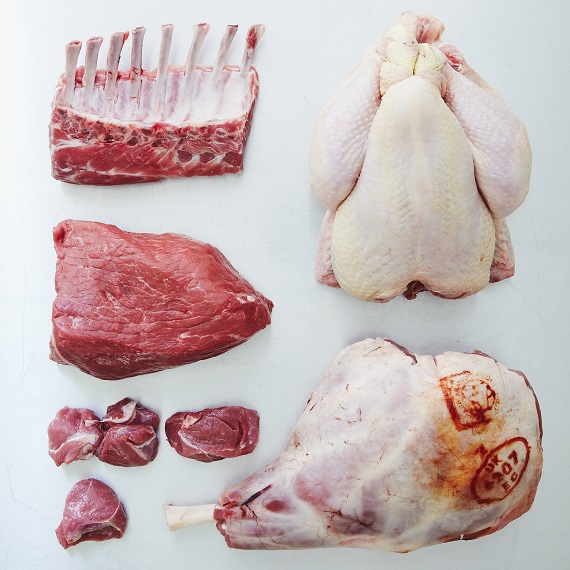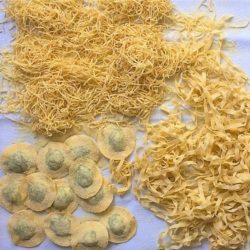Sustainability Glossary
There are so many words that get thrown around with regards to sustainability that it can get a bit confusing at times and occasionally misleading. We thought we’d list the main ones here in our sustainability glossary to help you live a little greener.
Carbon Footprint
A carbon footprint measures the total greenhouse gas emissions caused directly and indirectly by a person, organisation, event or product. A carbon footprint is measured in tonnes of carbon dioxide equivalent (tCO2e).
Energy Efficiency
Energy efficiency means using less energy to provide the same service. We recommend Good Energy who are a British renewable energy company with a difference. www.goodenergy.co.uk
Environmental Agency UK
Their aim is to create better places for people and wildlife, and support sustainable development.

Ethical
Environmental ethics is a branch of ethics that studies the relation of human beings and the environment and how ethics play a role in this. Environmental ethics believe that humans are a part of society as well as other living creatures, which includes plants and animals. These items are a very important part of the world and are considered to be a functional part of human life. Thus, it is essential that every human being respect and honour this and use morals and ethics when dealing with these creatures.
Fair Trade
Fairtrade is about better prices, decent working conditions and fair terms of trade for farmers and workers.
Greenhouse Gas Emissions
A greenhouse gas is any gaseous compound in the atmosphere that is capable of absorbing infrared radiation, thereby trapping and holding heat in the atmosphere. By increasing the heat in the atmosphere, greenhouse gases are responsible for the greenhouse effect, which ultimately leads to global warming.
There are produced by growing, rearing, farming, processing, transporting, storing, cooking and disposing of the food that we eat.
Local
Means relating or restricted to a particular area or one’s neighbourhood. In food terms, local is considered to be 50 miles= radius or in London 100 miles= radius for suppliers to be located.
Organic
Organic means working with nature, not against it. No system of farming does more to reduce greenhouse gas emissions from agriculture, or protect natural resources like fresh water and healthy soils.
Red Tractor
The Red Tractor logo confirms that independent assessors have checked food or drink meets comprehensive standards, from farms to fork.
Seasonal
Relates to what is grown naturally during particular seasons/months of the year.
Supply Chain
Is the sequence of processes involved in the production and distribution of a commodity. It is the system of organizations, people, activities, information, and resources involved in moving a product or service from supplier to customer.
Sustainability
“For an activity to be sustainable, it should be able to take place without depletion of natural resources or without compromising the well-being of any of the people involved.” – SRA
Waste Management/Recycling
Waste management is all the activities and actions required to manage waste from its inception to its final disposal.
Water Efficiency
Water efficiency is the smart use of water resources through water‑saving technologies.
Read our top tips for saving water here.

If there are any missing terms from our sustainability glossary, please let us know.
Category
Sustainability





